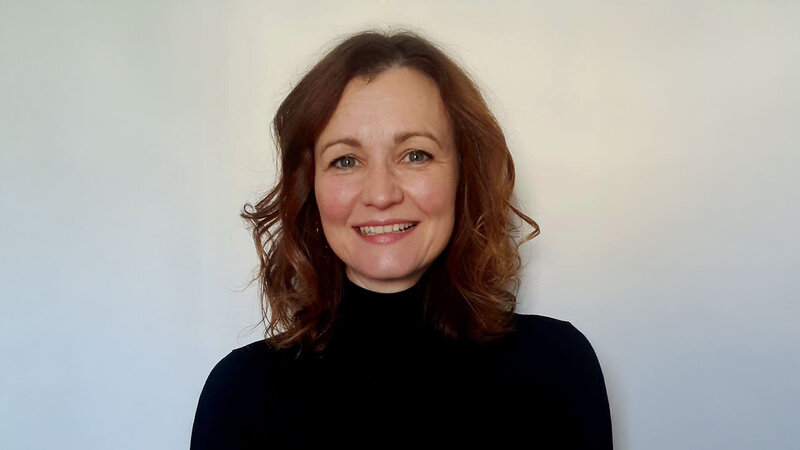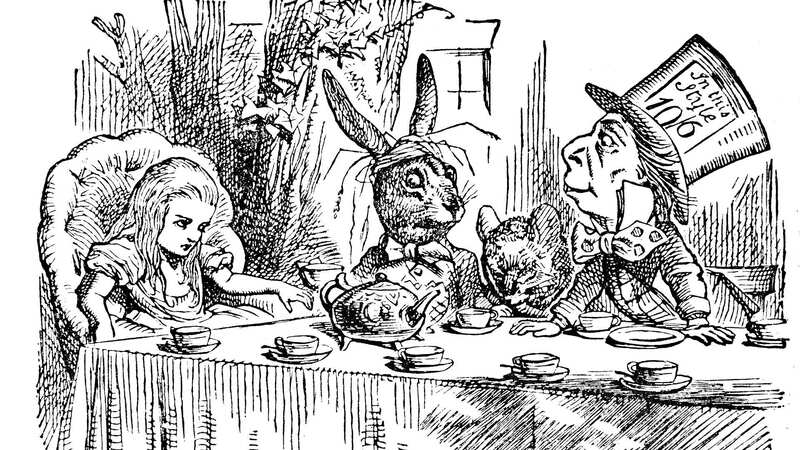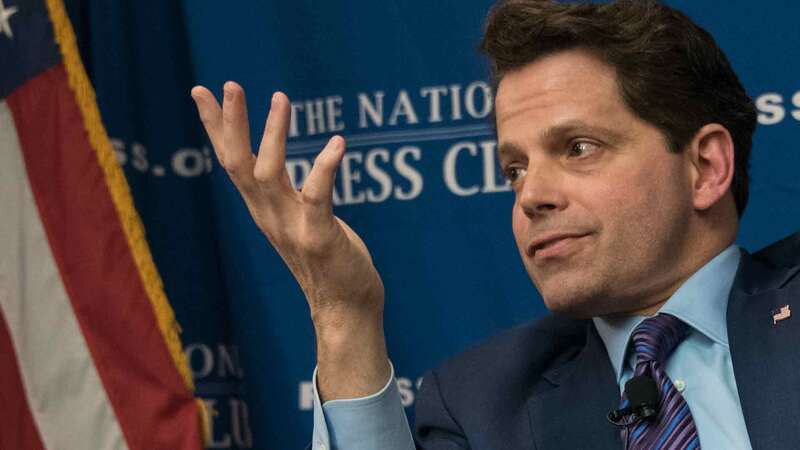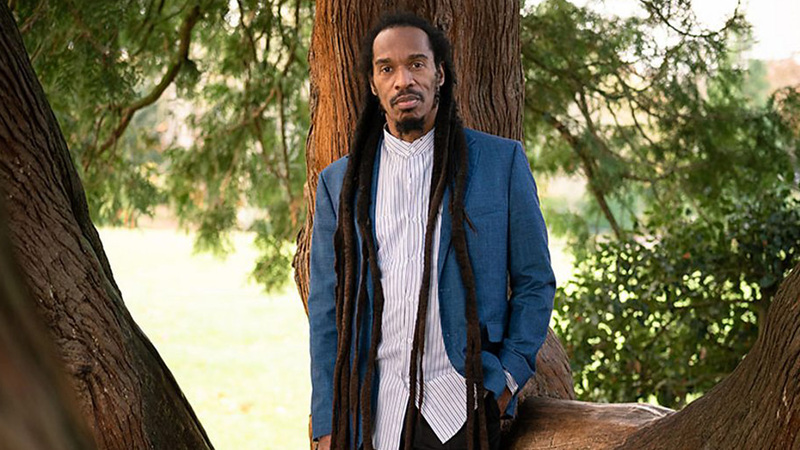You are viewing your 1 free article this month. Login to read more articles.
Organisers urged to keep literary festivals hybrid in new campaign
More than 50 signatories, including Bonnier Books UK c.e.o. Perminder Mann and the Society of Authors, have urged literary festival organisers to keep festivals hybrid as part of a new campaign.
Thriller writer Penny Batchelor launched the campaign #KeepFestivalsHybrid with Clare Christian, m.d. and publisher at RedDoor Press, to ensure disabled authors are not disadvantaged as in-person events increase post-lockdown.
In a comment piece for The Bookseller to accompany the petition launch, Batchelor described how transformative the prevalence of virtual events were for disabled writers during the pandemic. She is concerned that physical events will once again become the mainstream choice as the country opens up.
“Imagine if you suddenly find those doors opened but after a wonderful honeymoon period they slam shut again,” the former BBC content producer writes. “That’s what many authors with disabilities and chronic illnesses have experienced since online opportunities brought about due to Covid-19 and lockdown have mostly been rolled back. The boom in online festivals in 2020 democratised the industry and gave us opportunities we’d long been asking for, but it took a pandemic to get. Now, to our dismay, they’re fading into folk memory.
“We realise that many people are glad to return to in-person events, but that doesn’t mean that they can’t run in tandem with technology, ‘Zooming in’ authors to take part in panels and livestreaming to readers.”
She also revealed how she discovered her skill for taking part in events from her home in Warwickshire, explaining: “I’m a wheelchair user with chronic pain and fatigue issues. These don’t matter a jot when I take part in online events and festivals from the comfort of my own home. I discovered I enjoy giving author talks and taking parts in panels—and have a bit of a knack for them.”
Batchelor and Christian cited The Bookseller’s FutureBook Conference last month “as a great example” of a hybrid event encompassing both in-person and digital elements. Christian said: “The FutureBook offer this year is exactly how we hope to see events running post-pandemic. The availability of both online and in-person tickets ensured that the conference was truly open to all, which is exactly as it should be.”
Batchelor canvassed opinion from fellow members of the Society of Authors’ ADCI (Authors with Disabilities and Chronic Illnesses) group which illustrated how meaningful digital events are to inclusion. One author described being offered a fee to be on a panel. “When I said I couldn’t do in person but would be happy to be involved digitally, not only did I get no reply, but obviously I lost the chance of that income,” the writer said.
The campaign is calling on authors and individuals in the publishing industry to sign the open online letter to literary festival organisers and to share the hashtag #KeepFestivalsHybrid on social media.
Alongside Mann and the Society of Authors, some of the signatories include Sam Missingham, founder of The Empowered Author, novelists Beth Morrey and Ingrid Persaud, as well as Cat Mitchell, lecturer in publishing at the University of Derby.


















